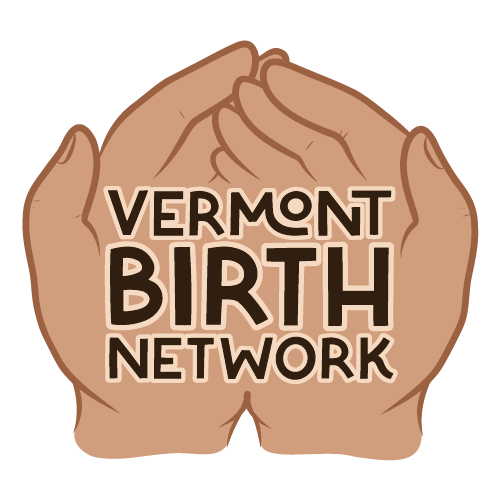Member Interview: Erin McCabe
Erin is an experienced yoga therapist and athletic trainer. She takes the time to focus in on what each individual needs to reach their goals. Offering practice support and encouragement along the way, Erin is an amazing support for folks in the perinatal time. Erin has an office space in Lebanon New Hampshire and offers care for folks in the surrounding areas.
What services do you offer to folks during conception, pregnancy, birth, or postpartum?
As a yoga therapist and athletic trainer, my focus is on breathing, movement, self-myofascial release techniques, restorative practices (or nervous system regulation), along with education and embodiment promotion; what can be referred to as self-care healthcare promotion. I mainly work with clients in pregnancy and postpartum to improve pain, function, and overall wellbeing with a focus on core retraining and connection. I work very closely with pelvic PTs, chiropractors, massage therapists, acupuncturists, and other providers.
How did you get into your line of work?
I started my work as an athletic trainer in 2008 working in the traditional collegiate setting, after my own major injury I began to question the impact of my work and started my yoga therapy certification in 2013. During my yoga therapy certification I began to learn more about women’s health, pelvic health, and perinatal support. I learned, and saw, how underserved this population was and still is in many ways. I slowly began working with postpartum people who were years out from birth, but still having lingering pain. Now I work with birthing people in pregnancy, immediate postpartum, or even years later; it’s never too late. And after having my own perinatal experience I have been even more passionate about promoting self-care healthcare in the perinatal period.
What do people think you do to support folks?
Most people think I am a personal trainer focused only on strength programs.
What do you actually do to support folks?
I actually focus on re-patterning and education more than strengthening (or re-strengthening), and spend a lot of time on education and anatomy to support embodiment.
What is something that you feel like you are uniquely able to help people with?
I love working with people who have had a c-section and/or have symptomatic DRA (diastasis rectus abdominis). The education and embodiment connection for these folks is such a missing piece to what is traditionally offered.
What is the one piece of advice you find yourself telling people over and over again?
Start with these practices in little doses - after a diaper change, when baby does tummy time, after feeds, before a walk, etc. It doesn’t have to be a big workout.
What are the top 3 questions people ask when they first start to work with you for support?
Is this “normal” or have you seen this before?
Why don’t we learn more about anatomy and our own bodies?
How long will this take to resolve/get better?
Are there any other comments of things about your work you would like to share with us that we have not asked already? Feeling good in your body, or wellness, is something that is inherently human regardless of your skin color, sexual orientation, gender identity, financial standing, or mental and physical capabilities. We are multilayered beings that each need a slightly different recipe for wellness or embodied wholeness. Finding practices that resonate, feel safe, and encourage connection to the Self increases embodiment. Embodiment can lead to empowerment and increased self-awareness, which then increases agency and understanding of our individual and collective needs. You then become an active participant in your healthcare and wellness journey with the most important information for YOU. And the more you connect to yourself and your humanity, the more you may connect to all beings and your environment. Here's to more empowered pregnancies, birth experiences, and postpartum recoveries for all bodies.

